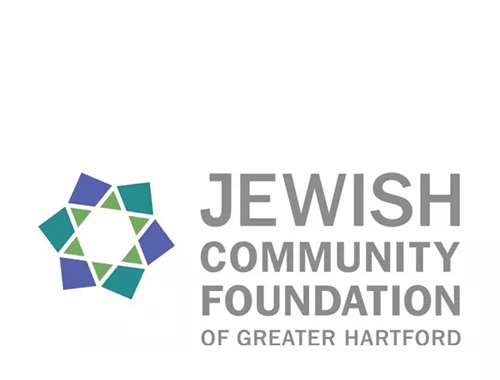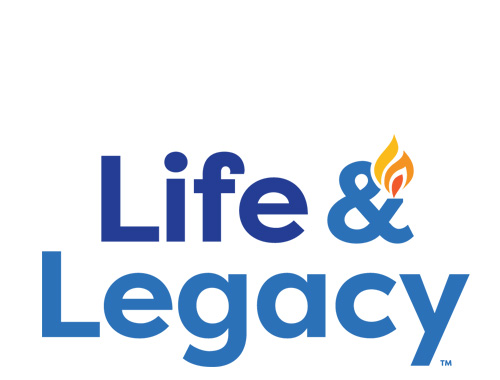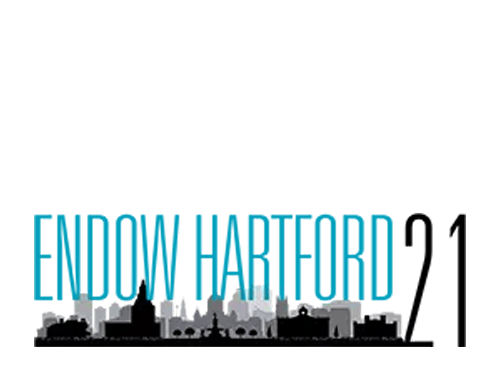Schechter Shavua: March 29, 2024
New Makerspace is Buzzing with Excitement
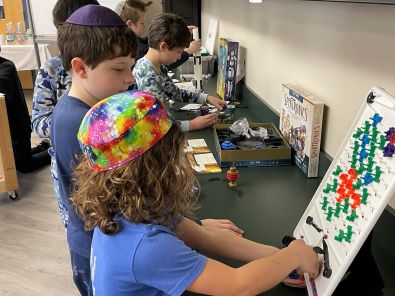 Schechter is thrilled to announce the dedication of the new Scott Shoham z”l Makerspace/Design Studio. Students will draw upon their creativity and ingenuity to complete design challenges in Makerspace class and to implement interdisciplinary projects. Thanks to a generous donation from the Shoham family in memory of their husband and father, Scott, Schechter students will use this phenomenal space for learning, innovation, and exploration. There are stations for robotics, textiles, cardboard engineering, and video production. In future years, the school will add additional equipment including laser cutters, tools for light carpentry, new 3D printers, and much more!
Schechter is thrilled to announce the dedication of the new Scott Shoham z”l Makerspace/Design Studio. Students will draw upon their creativity and ingenuity to complete design challenges in Makerspace class and to implement interdisciplinary projects. Thanks to a generous donation from the Shoham family in memory of their husband and father, Scott, Schechter students will use this phenomenal space for learning, innovation, and exploration. There are stations for robotics, textiles, cardboard engineering, and video production. In future years, the school will add additional equipment including laser cutters, tools for light carpentry, new 3D printers, and much more!
Click HERE to see a VIDEO tour of the Makerspace!
Click HERE to see Makerspace PHOTOS!
Alim Digs This Science Lesson
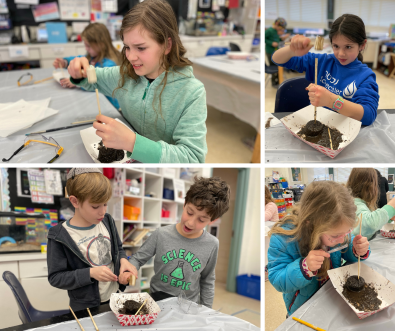 Alim students (gr. 3-4) were “transported” to a fossil dig site to learn what fossils tell us about the Earth’s changing surface. Mrs. Spector’s cleverly designed lesson enabled students to excavate their own fossils from “rock” made of frozen dirt! They found shark teeth, fossilized coral and shells, petrified wood, animal vertebrae, and other exciting items, then analyzed their fossils to determine their origin.
Alim students (gr. 3-4) were “transported” to a fossil dig site to learn what fossils tell us about the Earth’s changing surface. Mrs. Spector’s cleverly designed lesson enabled students to excavate their own fossils from “rock” made of frozen dirt! They found shark teeth, fossilized coral and shells, petrified wood, animal vertebrae, and other exciting items, then analyzed their fossils to determine their origin.
Schechter’s Purim Combines Celebration with Tzedakah
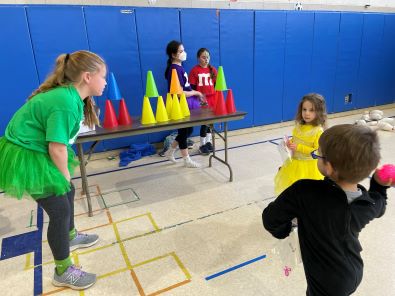 How do you create a triangle out of a circle? Our students learned this math trick and so much more as they made hamentashen last week. On Monday, our school community celebrated Purim: 7th and 8th graders read from the megillah with pride; students displayed their costumes; drama elective students performed a Purim play; middle schoolers decorated the school in an Israel theme and ran a Purim Carnival for the younger students; in observance of the mitzvah of matanot la’evyonim (giving gifts to those in need), students packed snack bags for both the Bridge Family Center and the Chrysalis Center and wrote letters to IDF soldiers that will be distributed in person by Nava E. as her bat mitzvah project.
How do you create a triangle out of a circle? Our students learned this math trick and so much more as they made hamentashen last week. On Monday, our school community celebrated Purim: 7th and 8th graders read from the megillah with pride; students displayed their costumes; drama elective students performed a Purim play; middle schoolers decorated the school in an Israel theme and ran a Purim Carnival for the younger students; in observance of the mitzvah of matanot la’evyonim (giving gifts to those in need), students packed snack bags for both the Bridge Family Center and the Chrysalis Center and wrote letters to IDF soldiers that will be distributed in person by Nava E. as her bat mitzvah project.
Click HERE to see photos of Monday's Purim Activities
Click HERE to see photos of Hamentashen baking
Parashat Tzav—Getting our hands dirty
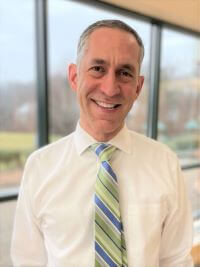 When I go to my doctor’s office, I expect to see several people: a receptionist, a nurse, perhaps a phlebotomist, and my doctor. There are also people I don’t see: the ones who bill me, take out the trash, and mop the floor. This specialization of tasks makes sense; if my doctor were to weigh me or take my blood sample, he would be unable to see as many patients. The whole system would become more inefficient.
When I go to my doctor’s office, I expect to see several people: a receptionist, a nurse, perhaps a phlebotomist, and my doctor. There are also people I don’t see: the ones who bill me, take out the trash, and mop the floor. This specialization of tasks makes sense; if my doctor were to weigh me or take my blood sample, he would be unable to see as many patients. The whole system would become more inefficient.
We don’t expect architects to install cabinets—or sweep up construction dust. We don’t expect top chefs in fancy restaurants to do the job of line cooks. And, if asked to imagine the system of ancient Jewish worship, we wouldn’t expect the priests to take out the trash… yet, according to our parashah, that’s exactly what happened! The Torah describes how the daily sacrifice would burn through the night until morning. At that point, the priest would collect the ashes and carry them to a dump outside of the Israelite camp.
So why were the priests also the custodians? Wouldn’t we expect that the lofty clergy would find someone else to do the dirty work? And even if we say that a priest had to collect the ashes because they were burned at the altar, a priests-only zone—still, someone else could have carried them out of the camp.
The Torah’s message is clear: there is no such thing as “dirty work.” If we are working towards something sacred, then every task involved is a sacred task. We might specialize in the name of efficiency—but never because something is beneath us. As we turn the corner from Purim to Pesah, preparing for that holiday with all the manual labor entailed, we can at times feel like drudges. But the Torah tells us otherwise: we should feel like priests!
Shabbat shalom,
Rabbi Jonathan Berger
Head of School
Question for the Shabbat table:
- How do you think ancient Israelites might have felt when seeing the priests carrying the ashes away?
- Are you responsible for manual tasks that don’t feel so sacred? Could there be a way to re-envision the work as part of something bigger?
Solomon Schechter Day School
of Greater Hartford
26 Buena Vista Road
West Hartford, CT 06107
© Solomon Schechter Day School of Greater Hartford | Site design Knowles Kreative

